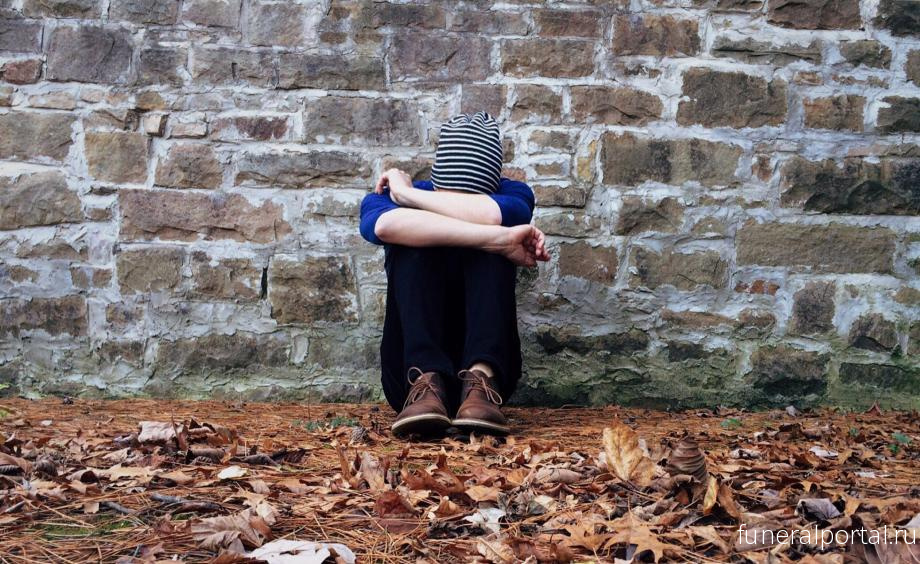By Janene Pieters
Problems with health care relatively often played a role in the suicide of young people between the ages of 10 and 20 years in 2017, according to a study performed on behalf of the Ministry of Public Health. Young people who took their own lives in that year also often struggled with bullying or having high expectations of themselves, the researchers found.
In 2017 the number of suicides among teenagers nearly doubled, to 81. The Ministry therefore asked a working group, facilitated by suicide prevention foundation 113 Zelfmoordpreventie, to investigate. This is the first major study into teen suicide in the Netherlands. The study was not intended to explain the increase in 2017, but aimed to find out more about suicide among young people in the Netherlands. "If we better understand which factors played a role in the death of these young people, we can make practical recommendations for better suicide prevention among young people," the researchers said to NOS.
The researchers conducted over a hundred interviews with parents, siblings, teachers, and social workers of 35 teenagers who ended their lives in 2017. They concluded that although each suicide is unique, there are some patterns.
Of the 35 young people, 53 percent had attempted suicide before and 56 percent harmed themselves. 22 were being treated by youth care, and most of this group had multiple psychiatric diagnoses. There are few specialized treatment facilities for the treatment of complex mental health issues, resulting in the involved young people often ending up on waiting lists and their situation escalating.
Parents told the researchers that their children often ended up entangled in a mess of registrations, waiting lists, diagnostics, rejections and referrals. The transition to adult psychiatry, when the patient turns 18, also often had a negative impact. Parents also said that they were not included enough in their child's treatment. Most of the parents were satisfied with individual care providers, but they did not always feel heard when they tried to stress the seriousness of the situation and were critical about the organization of care.
The researchers also noticed different patterns among boys and girls. Boys relatively often had problems at school, due to autism, ADHD or dyslexia, for example. They found it difficult to connect with their peers and teachers, and were often transferred to special education.
Girls often struggled with perfectionism. If they couldn't meet the high expectations they had of themselves, they started struggling with mental health problems, stopped trying in school, and ended up in an increasingly negative spiral.
Among the studied young people, a higher percentage than average were bullied and a higher percentage than average were homosexual or bisexual.
The researchers recommend that healthcare for young people be improved and better aligned. "No matter how long it takes, no matter how hard they struggle, don't let them go," research leader Saskia Merelle said to NOS. They recommend increasing the age for the transition from youth care to adult psychiatry from 18 to 21 years, and to 23 years in some cases. Parents must also be better involved in treatment. "Take it seriously when they say their child is not doing well." Institutions at a regional level must improve their mutual cooperation, to improve the quality and continuity of care.
Merelle also called it important that every professional is trained in suicide prevention. Suicide prevention is not solely the task of healthcare professionals. Schools also play an important role. They can do more to recognize signals of suicidal thoughts and also provide aftercare to students if one of their fellows took their own life. But, "as far as we are concerned, the most important recommendation is to stay in touch wit young people. Everyone can do something: from the teacher, to the doctor, to the sports coach," she said.
Those in the Netherlands who are suffering from depression or contemplating suicide may call counselors at Sensoor, 0900-0767 (5 ct./min.), or call their volunteers at a local number. 113 Zelfmoordpreventie is also available 24/7 at number 0900-0133. A list of suicide crisis hotlines outside the Netherlands is available on Wikipedia.









